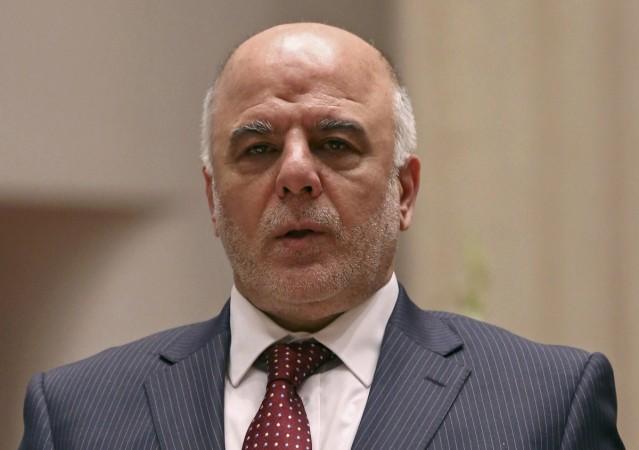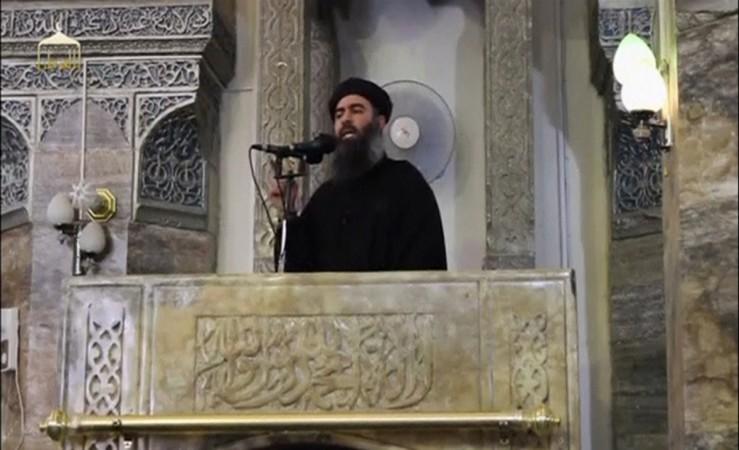
Iraq's Prime Minister Haider al-Abadi said on Thursday that the Islamic State (ISIS) caliphate in Iraq has come to an end. The PM's announcement came after Iraqi forces regained control of a symbolic mosque and minaret from ISIS militants in the Old City of Mosul.
"The return of al-Nuri Mosque and al-Hadba minaret to the fold of the nation marks the end of the Daesh state of falsehood," Abadi said in a statement. Daesh is the Arabic acronym of ISIS.
The Iraqi premier also said that his forces will continue chasing the remaining ISIS militants until they are either killed or are forced to surrender.
The Iraqi Army commander on Thursday said that just a few days are left for Mosul to be fully liberated from ISIS.
The Iraqi army, backed by US forces, has been battling the extremists in Mosul for over eight months in an attempt to retake the last major stronghold of ISIS -- Mosul.

Even as Abadi declared the end of ISIS, Iranian Army verified the suspected death of ISIS leader Abu Bakr al-Baghdadi. Baghdadi had declared his Islamic caliphate ISIS in Nuri Mosque in central Mosul three years ago.
The Iranian Revolutionary Guard verified Baghdadi's death, and the report is confirmed "through multiple channels".
There were several reports circulating earlier this month which said that the Russian Deputy Foreign Minister Oleg Syromolotov told Sputnik that it is "highly likely" that the ISIS chief has been eliminated in an airstrike conducted by the Russian fighter jets in Syria's Raqqa city.
Russian lawmaker Alexei Pushkov had also said that according to the Russian data, the probability of ISIS leader's death after Russian airstrikes is about 100 percent.
"If he were alive, then as a demonstration of power and as a mean of increasing war morale, a refutation would have been already announced," Pushkov argued in a statement made to Sputnik.
The ISIS leader's death has been reported on multiple occasions over the recent years, with no possible confirmation of his demise.














